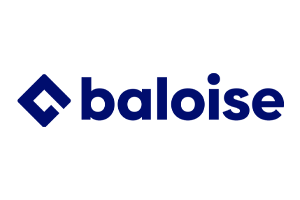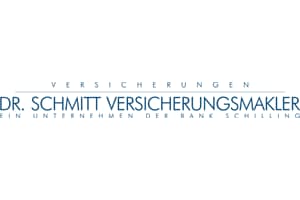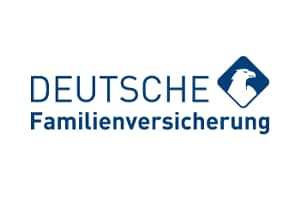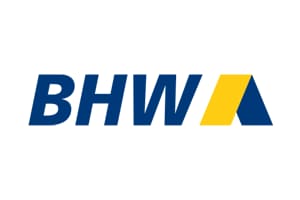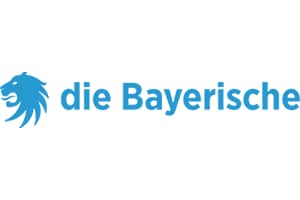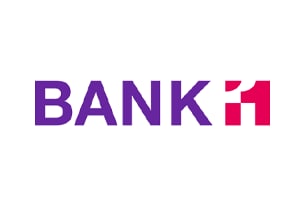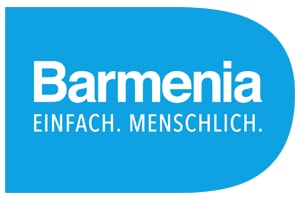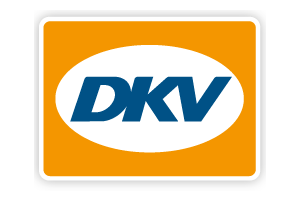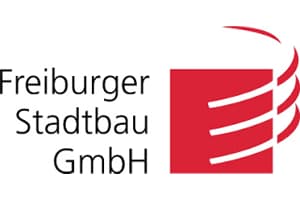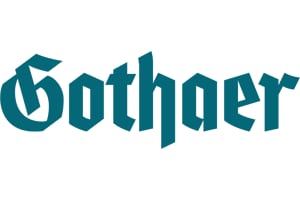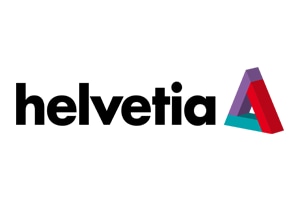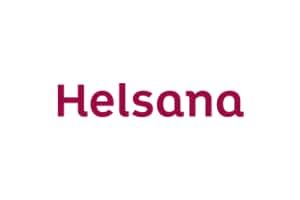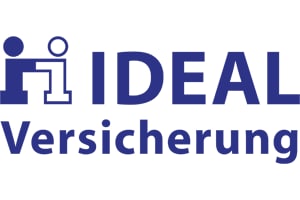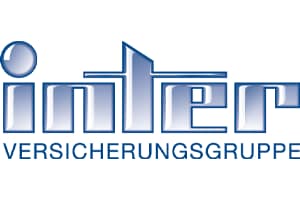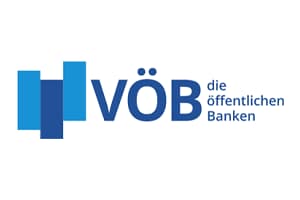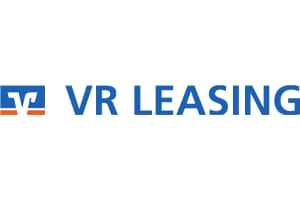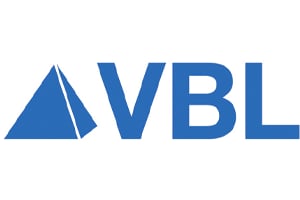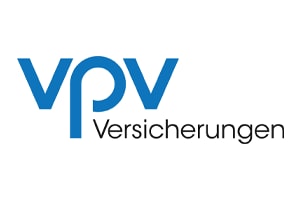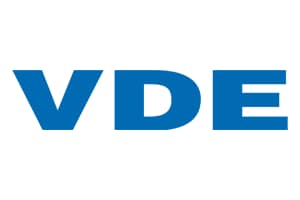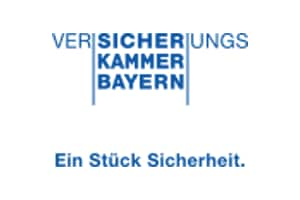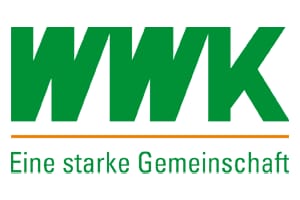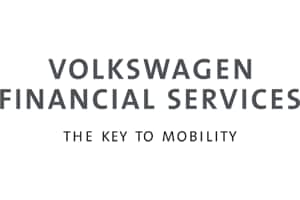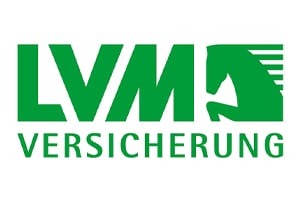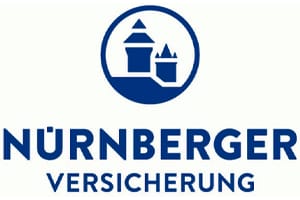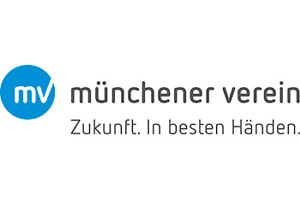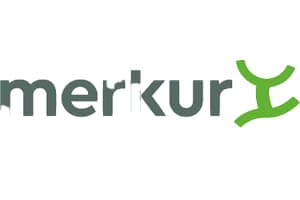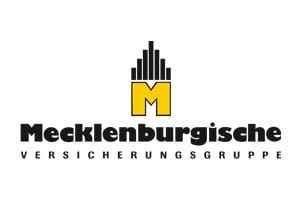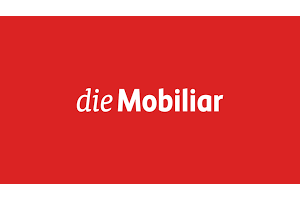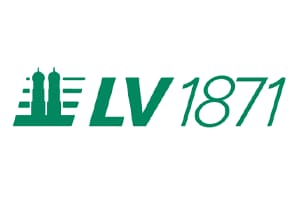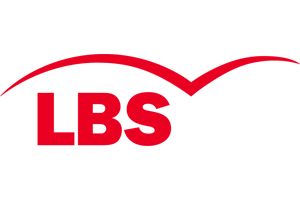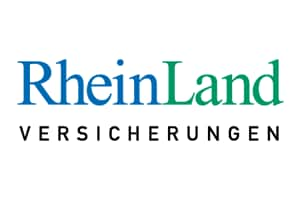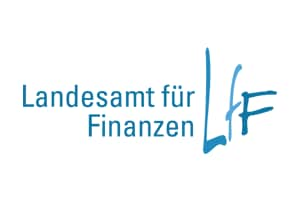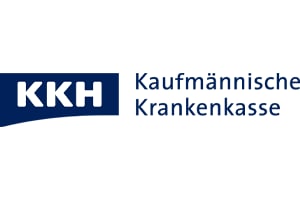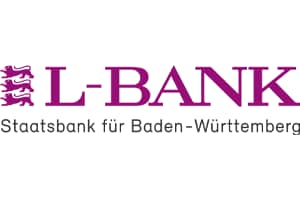The answer for intelligent automation
Macros Reply is the specialized technology service provider for optimizing business processes.
Who we are
Macros Reply provides innovative solutions that help companies make their processes more efficient and intelligent. Whether input management, electronic mailboxes and files, rule-based and AI-based routing or document management: The company provides seamlessly integrated 360° solutions and automation with AgenticAI/GenAI, machine learning and RPA so that customers can fully concentrate on their core business. In addition, Macros Reply provides comprehensive advice on regulatory requirements to ensure maximum compliance in all processes.
Our portfolio
For over 20 years, Macros Reply has been developing innovative products and solutions that support people in their work, handling customer concerns, and the associated processes and documents — including the integration of first-class partner solutions, like OMNIA/smart FIX or UiPath, and state-of-the-art AI/GenAI technologies.
Smartly distribute omnichannel input
With the AI-based omnichannel input management framework Macros OMNIFRAIME, Macros Reply processes incoming documents, emails, messages, classifies them and reliably extracts the desired data. Agentic AI/GenAI services, machine learning-based solutions like OMNIA/smart FIX, RPA and document understanding are combined for optimal results, adapted to the customer situation. The routing/distribution component Macros eDistribute uses this data from input management. With departmental distribution rules, individually definable attributes and artificial intelligence (AI — on-premises or cloud-based), it acts as the basis for intelligent, rule-based forwarding of requests or inboxes. New distribution rules can be simulated using historical data. This allows companies to check how new rules would affect existing processes before they are applied in real time, and bottlenecks or inefficient rules can be quickly identified and resolved.
Support clerks and optimize processes
With Macros eWorkplace, specialist departments are supported from receipt of a customer request to an answer. After classification, data extraction and intelligent routing, clerks can find their tasks clearly arranged in the Macros eClient mailbox. With one click, the request/business transaction is opened in the eViewer and the associated eFile is displayed. Diverse functions and AI services enable automation, e.g. for summarizing documents, recommendations for further processing, writing response letters, etc. Less process-intensive departments are supported with subject files in managing their information, generating documents and filing documents from third-party systems via add-ons.
Manage documents securely and in a structured manner
With Macros eDMS document management, customers organize their documents in the company intuitively and securely. Versioning always shows the current document version, and functions such as approval flows, workflow, checklists or news feeds support efficient collaboration. With the underlying EBuilderNext dev framework, customer requests for functions, structures or design can be flexibly implemented on standard EDMs. The Macros eBridge adapter layer integrates customer systems as well as the latest archiving solutions.
Flexible individual development
Macros eBuilderNext is the basis of our products. Thanks to its consistent component-oriented architecture (CCD - Component Driven Design), Macros Reply is able to implement customer requirements 1:1 in a very short time. There are various components and integrations available that can be put together to create the desired solution so that — unlike individual development — the individual application can be assembled according to the modular principle. The implementation of customer-specific additional requests can be represented by simply customizing the elements.
Agentic AI for front-end and test automation
Under the umbrella term Agentic AI, architectures can be created with several software agents that are “more independent” through interaction and can control each other. For this purpose, generative AI based on large language models (LLMs) is combined with proven architectures such as RAG in a multi-agent setup. Together with powerful tools such as Document Understanding, which analyses and processes unstructured documents, the UiPath portfolio enables a fully integrated automation solution. With the test manager, the tool for test automation is also available, which now enjoys the highest partner status at SAP and integrates quality assurance into Hyerautomation.
Integrate AI securely and precisely
With eBridge, Macros Reply ensures that customers use the best possible AI service securely and appropriately — whether on-premises or in the cloud. In this way, AgenticAI/GenAI is integrated into Macros products and input management, routing, and documentation processing are immensely simplified or optimized. With AI benchmarking, Macros Reply is at the cutting edge of the times and knows the answer to every constellation of use case and company requirement. The eBridge can also be used as a stand-alone AI integration platform.
Our frameworks
Our philosophy
Technology, heart and profound expertise for insurance & financial service providers
Professional expertise, process understanding and regulatory know-how
Since 1999, Macros Reply has focused on the specific requirements of financial service providers and insurers. Our customers quickly notice the difference: Macros Reply understands the language of specialist departments, IT and process experts and is perceived as a partner on equal footing — often even as part of their own team. Instead of complex concept papers, we focus on a pragmatic, goal-oriented way of working with the best technologies.
The focus is on people
We automate processes as much as possible — right down to dark processing. For all other complex tasks, Macros Reply offers intelligent technologies and AI services that optimally support employees in their work. Sustainable change management is essential for a smooth transition to new ways of working. Macros Reply supports companies during transformation and promotes acceptance among all employees through participation and deep professional understanding of their concerns.
Solutions for all industries
We understand the specific requirements of your industry — technically, linguistically and with a deep understanding of your challenges. Our solutions are not only technologically leading, but also speak the language of your industry and create real added value with a clear focus on your goals and customer satisfaction.
Efficiency meets customer focus: With digital case files, automated workflows, RPA and AI-based document processing, we help insurers speed up processes, increase customer satisfaction and meet regulatory requirements. From operations to claims processing to contract management — we create convincing solutions.
More security and precision: Our solutions enable seamless integration of document management and AI-based data analysis to meet compliance requirements, optimize internal processes as a result of the market and personalize customer services.
Efficient administration through digitization: With e-files, electronic mailboxes and workflow automation, we create transparent processes and ensure more efficient processes. From citizen inquiries to complex case files, we help authorities make their tasks more modern and service-oriented thanks to AI and RPA.
Combining efficiency and sustainability: With our solutions, we help energy service providers digitize their processes, process customer inquiries efficiently and meet regulatory requirements. Our tools provide transparency, speed, and a better quality of service.
Our services for your success
Discover our
customer projects.
Career at Reply
The know-how and skills of our employees are the basis for Macros Reply's success. Become a part of Macros Reply too and apply.
,allowExpansion;Resize,width=660)
,allowExpansion;Resize,width=660)
,allowExpansion;Resize,width=660)
;Resize,width=660)
;Resize,width=660)
